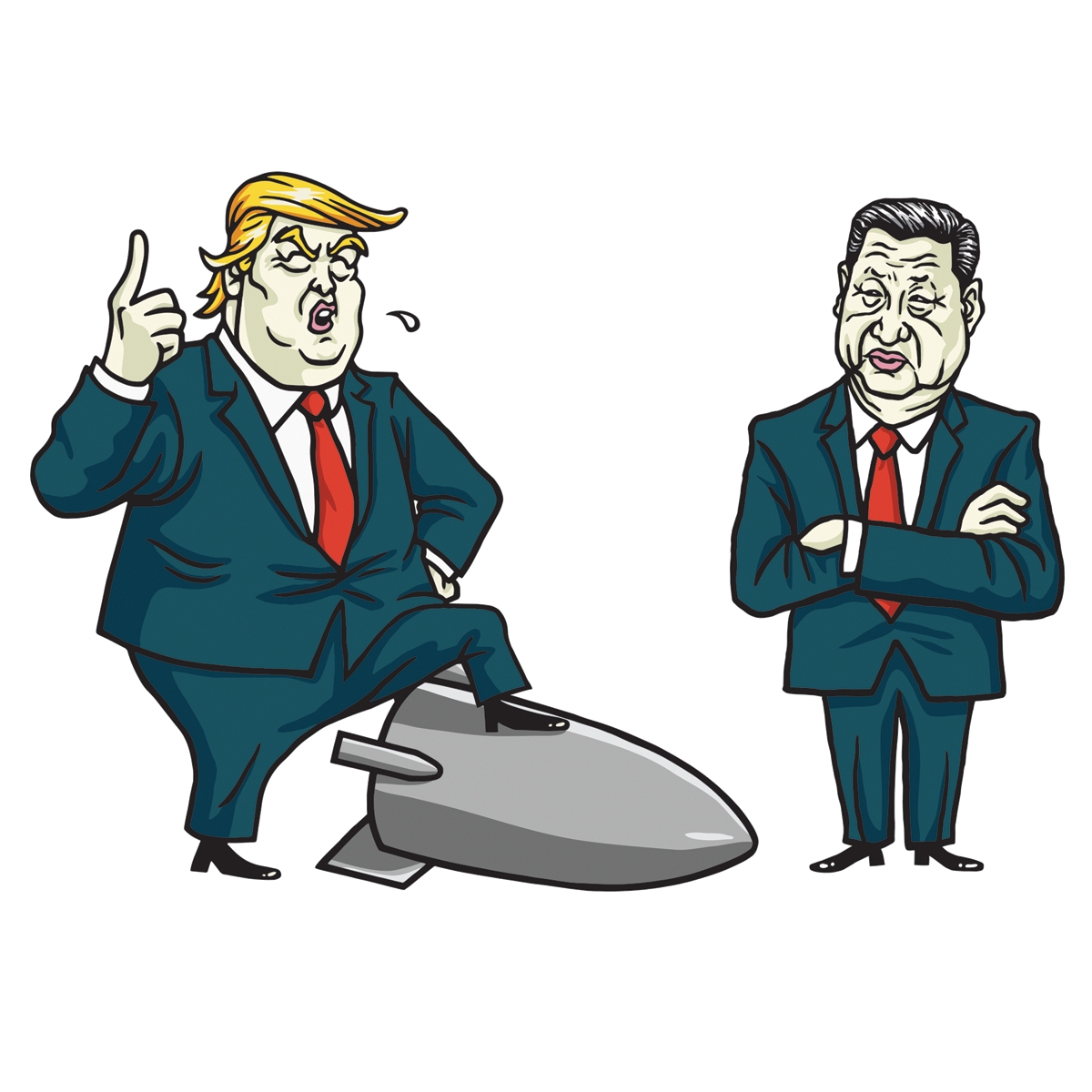
A Hopeful Approach From China
Chinese President Xi Jinping’s speech at the 19th CPC National Congress in October was startling in one respect. He presented the idea of building a community of a shared future for mankind.
It was a heartening and hopeful narrative coming from the leader of a great superpower and leader of the world’s most populous and transformative nation.
You would not expect to hear such lofty and conciliatory proclamations from the ugly presidency of Donald Trump. Trump’s “Make America Great Again” shtick is playing out in the NAFTA negotiations where his strategy seems to be to do everything possible to offend and insult Canada and Mexico. Seemingly it looks like Trump is attempting to force us to just walk away from a deal that has provided the largest ever increase in economic for all three countries.
This ugly American period will eventually pass.
We are certainly not going to let the bully beat us down.
Canada is already looking at other global trade partners and, make no mistake about it, China is key.
China is like no other nation today when it comes to setting big goals and achieving greatness. Its per-capita income increased five-fold between 1990 and 2000, from $200 Cdn. to $1,000. Between 2000 and 2010, per-capita income also rose, from $1,000 to $5,000, moving China into the ranks of middle-income countries.
This achievement was delivered by a combination of a rapidly expanding labour market, driven by a protracted period of economic growth, and a series of government transfers including an urban subsidy, and the introduction of a rural pension.
President Xi Jinping and his predecessors have been the architects of this incredible growth. However, there have been stresses.
In his speech to congress, Xi spoke of finding permanent solutions to address the social tensions and negative factors that are by-products of China’s growing economy.
He proposed a plan to address inequality in society, combat pollution and inadequate access to housing, health care, education and schools.
Jinping spoke of his plans to develop China into “a great modern socialist country that is prosperous, strong, democratic, culturally advanced, harmonious, and beautiful” by the mid-21st century. He said that “the modernization that China is pursuing must be guided by a harmonious coexistence between man and nature,” and that “in addition to creating more material and cultural wealth to meet people’s ever-increasing needs for a better life, we need also to provide more quality ecological goods to meet people’s ever-growing demands for a beautiful environment.”
If the Chinese can achieve the required protection of ecosystems, and reform the business and industrial sector to ensure a strict environmental regulation system and establish regulatory agencies that monitor and protect the environment, while remediating and repairing their damaged environment, it can have a greater impact on climate change than the Paris Accords or any international environment agreement.
Xi also spoke of the need for China to take a more active role in international affairs. While the Chinese quietly and efficiently develop global trade initiatives, including the Belt and Road program, and partner and invest in countries and businesses around the world, America continues to insult its friends, like Canada, and act like a bull in a China shop.
The Chinese approach to global affairs – envisioned by President Xi Jinping – is deeply rooted in the lessons learned from China’s history and culture.
China’s approach to Canada is based on respect and what China’s ambassador to Canada, Lu Shaye refer to as a win-win plan for both countries.
Contrast that with President Trump’s approach and tell me who you think is winning.













